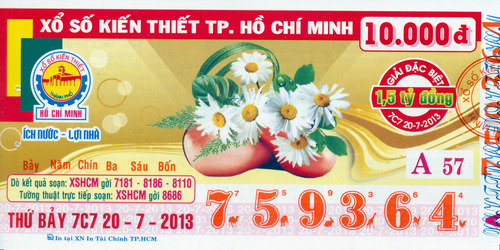Mỗi lần năm mới đến là lúc chúng ta lên lịch những quyết tâm mới, những “new year resolutions”. Và không phải là ngoại lệ, năm nay tôi cũng có những quyết tâm cho 2018.
Một trong những quyết tâm mới của tôi trong năm 2018 là blog nhiều hơn, cũng như chia sẻ thường xuyên hơn những thông tin ngắn trên tường Facebook của tôi.
(Tôi bị thuyết phục bởi quan điểm rằng việc viết thường xuyên có 2 điểm thật sự tốt. Một là viết ra những suy nghĩ của mình là một cách hay để chia sẻ những thông tin, kiến thức có ích – và việc chia sẻ thông tin thoải mái và liên tục là cần thiết cho một xã hội phát triển. Và thứ hai, đây là một cơ hội để tôi tập diễn đạt những ý tưởng của mình một cách rành mạch và rõ ràng.)

Có hai việc làm nền cho những ý tưởng của bài viết này. Một là khi tôi viết ra những quyết tâm mới cho 2018, tôi thấy có nhiều điểm trong danh sách đó đã từng nằm trong danh sách của 2017, 2016 và thậm chí là ở 2014!


